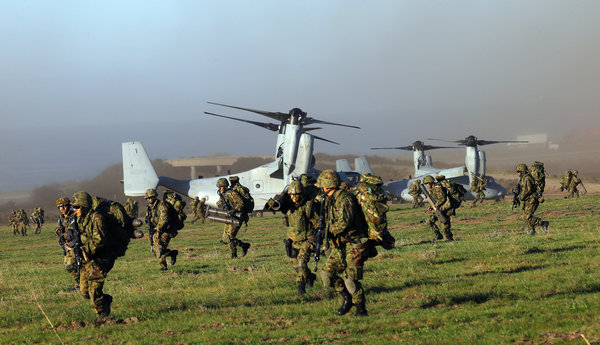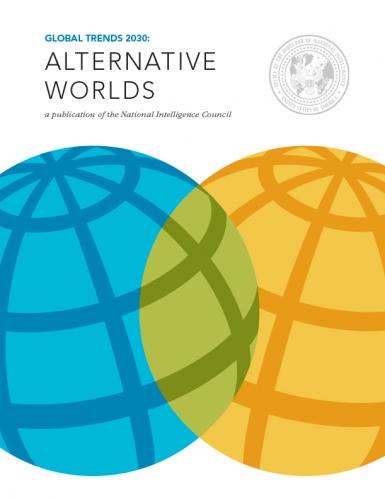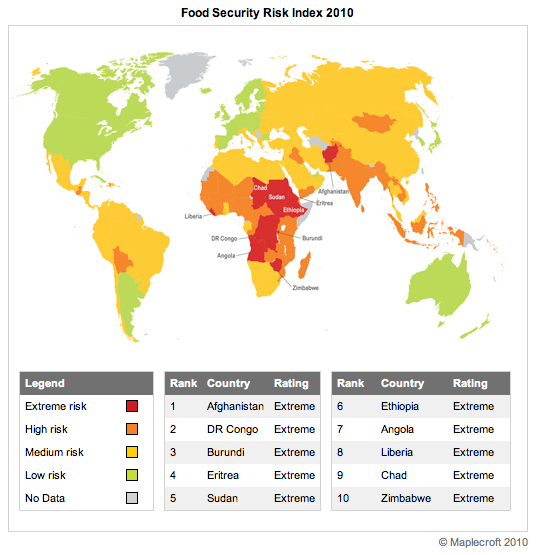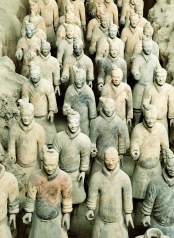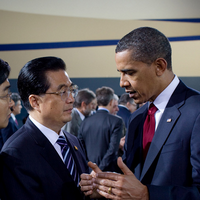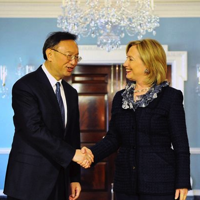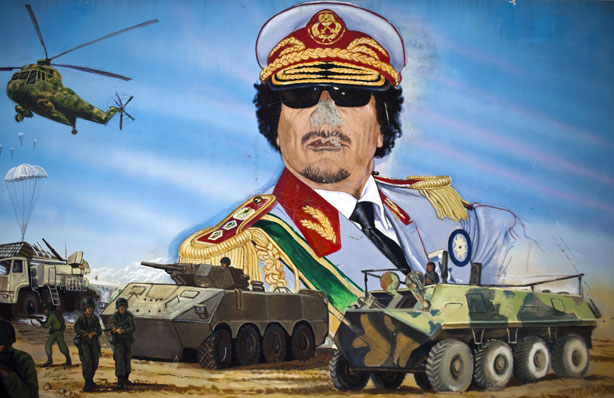
Here are excerpts with my bits (find the story here):
ANALYSIS-Turkey-Cyprus spat a sign of conflicts to come?
Source: Reuters // Reuters
By Peter Apps, Political Risk Correspondent
LONDON, Oct 6 (Reuters) - With an emerging power testing its strength, valuable resources in the balance and a weakened West struggling to exert influence, the dispute between Turkey and Cyprus over gas drilling may be a sign of wider things to come . . .
In Southeast Asia, the Arctic, and perhaps also Africa and Latin America, disputed maritime boundaries may become flashpoints as rising scarcity of energy and other resources coincide with a shift in the geopolitical balance of power.
The United States and other Western powers,their relative influence waning, may have to play a subtle diplomatic game to ensure conflict is avoided and important relationships are not jeopardised.
"What we're seeing here is theatrics," says Thomas Barnett, US-based chief strategist for political risk consultancy Wikistrat. "The trick here is to manage it" . . . .
Beijing has been involved in a growing number of face-offs with neighbours in recent years over mineral and fishing rights, most recently Vietnam. Outside analysts say these are often originally spurred as much by private actors -- fishing boats or exploration vessels -- as deliberate policy, but again offer a podium on which Beijing can showcase its growing clout.
Other areas to watch, analysts say, might include Russia's growing assertiveness in the Arctic and perhaps Argentinian interest in the British-controlled Falklands, particularly in the event of energy discoveries there. Increased energy discoveries of Africa's coastline could also spark disputes.
But fears of a new era of "resource wars", Wikistrat's Barnett says, might still be overblown.
In the long run, he said a more assertive Turkey could prove a positive for both the U.S. and Israel, acting as a regional counterweight to Iran and Saudi Arabia, and that the important thing was to manage its rise.
"My instinct is that this is a storm in a tea cup," Barnett says of the Cyprus dispute. "You could make comparisons from this to what we are seeing in the South China Sea (and) in both cases the ultimate answer is probably the same -- some kind of shared corporation agreement... It might sound a long way off now, but it should happen with time."
The need for the West, he said, was to learn to reach out subtly and diplomatically to emerging powers like Turkey as Richard Nixon and Henry Kissinger did with China in the 1970s, soothing egos and helping nudge them towards co-operation.
Not everyone is so confident outright bloodshed will always be avoided . . .
Yes, I did have some problem with the formulation Apps made on that last line. I said thing, but he was working the tension in the piece (sigh!), so you live with that journalistic trick, realizing that this is my legitimate niche anyway - the anti-alarmist.
So the tone of the quotes was good for both me and Wikistraat: we want to be associated with wide-angle perspectives that emphasize strategizing. Toward that end, we've designed a number of simulations on this story at Wikistrat, to include ones that explore Turkey walking from the EU over this, oil drig shootouts (if Turkey truly wants a bloody shirt to wave like the "aid flotilla" fiasco), a downstream linkage to the nuclearization of the Eastern Med, and ultimately how all this natural resource wealth impacts regional economic development.
I'll have more on this subject in Monday's column. Apps' piece got me thinking . . ..
 Wednesday, April 3, 2013 at 7:44AM
Wednesday, April 3, 2013 at 7:44AM 